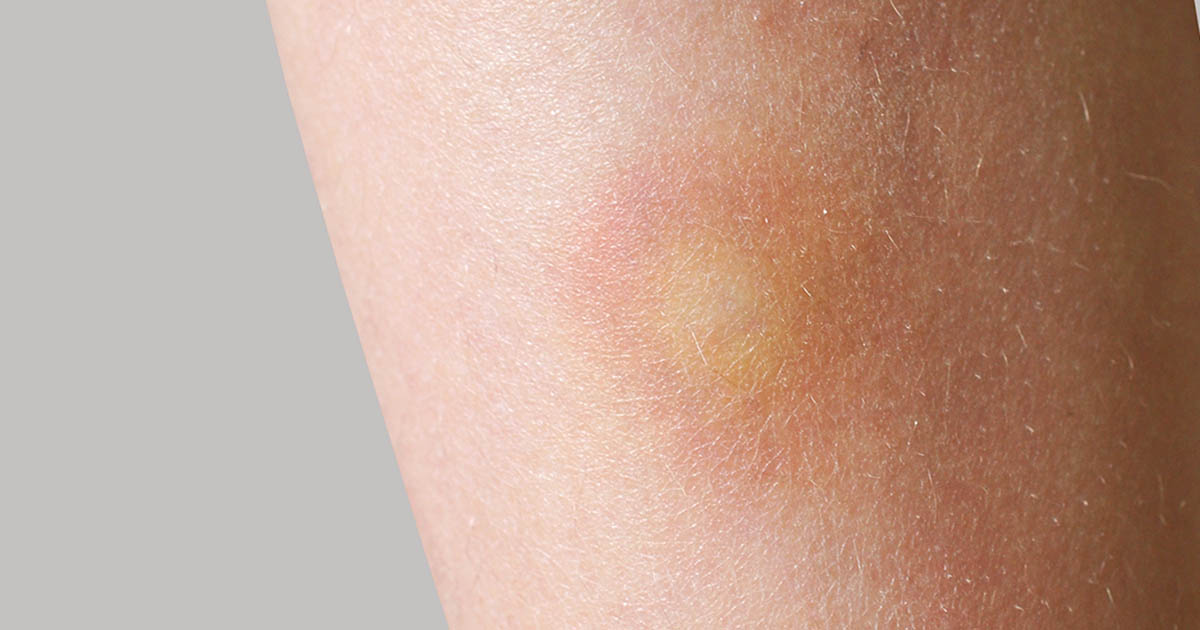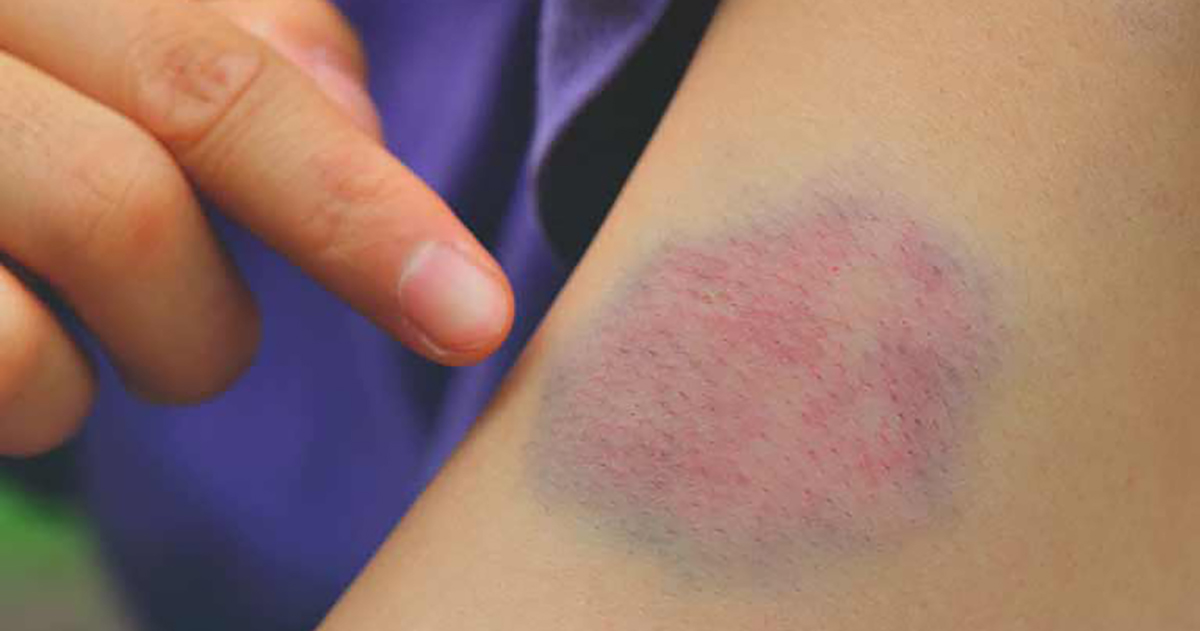Symptoms Of Idiopathic Thrombocytopenic Purpura
Idiopathic thrombocytopenic purpura (ITP) is a medical disorder that leads to excessive and easy bleeding caused by unusually low platelets, which are necessary to help blood clot. The condition can affect both children and adults. Usually, children who develop ITP do so after viral infections, though in most cases, they recover without needing treatment. However, adults tend to have a long-term form of the disorder. There are rare cases in which your platelet count will drop so low that you suffer from dangerous internal bleeding. Fortunately, there are available treatment options.
Excessive Bruising

Individuals may experience excessive bruising, and they may bruise more easily than usual. If you or your child has been bruising much more than usual, it's helpful to get a doctor's opinion. Even if the condition is not idiopathic thrombocytopenic purpura, bruising can be a sign something is wrong with the platelets otherwise. Additionally, the medical professional will probably do a screening to make sure the person isn't living in a situation in which domestic violence is a factor. When a person has ITP, the antibodies the immune system produces will attach to platelets. The platelets are then marked for destruction, which causes a low count.
Superficial Bleeding Into Skin

Patients with idiopathic thrombocytopenic purpura will often experience superficial bleeding into the skin. This may be mistaken for a rash at first because rather than appearing as a liquid, the blood appears like a rash of red and purple spots underneath the skin. These pinpoint-sized spots, called petechiae, are places where blood vessels have bled unnecessarily. In the majority of cases, these spots will appear on a person's lower legs.
If you experience worrisome warning signs, it's best to get in contact with your doctor as soon as possible so they can take a look at your spots. They will also ask you about a range of other symptoms to rule out different disorders that can cause petechiae. If the petechiae exist in conjunction with any of the other common symptoms, they may order a blood test to check your platelet count.
